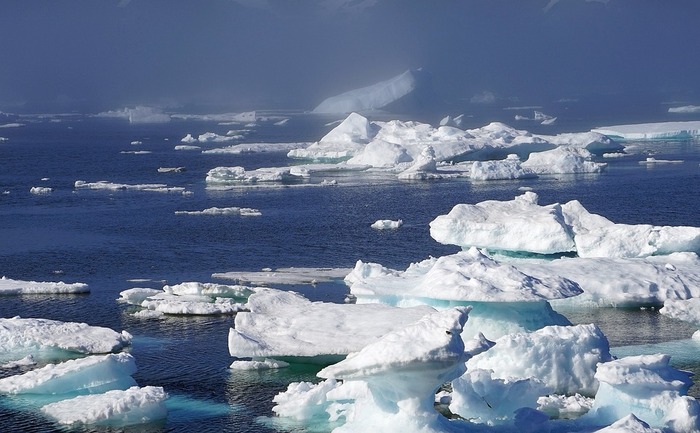The Montreal Protocol drafted in 1987 to preserve the ozone layer has also helped slow global warming, postponing by more than a decade the dreaded first ice-free summer in the Arctic, initially scheduled for the middle of this century. This is indicated by simulations conducted by experts from the University of California in Santa Cruz and Columbia University in the United States together with colleagues from the University of Exeter in the United Kingdom. The findings are published in the journal of the American Academy of Sciences (PNAS).
Considered one of the greatest successes of climate diplomacy, the Montreal Protocol was the first treaty ratified by all 198 member countries of the United Nations: entered into force in January 1989, it provided for the deadlines by which the signatories undertook to limit the levels of production and consumption of a hundred ozone-depleting chemicals (Ozone Depleting Substances, ODS).
"Although ODS are not as abundant as other greenhouse gases such as carbon dioxide, they still have a real impact on global warming," says Mark England of the University of Exeter. "ODS have particularly powerful effects on the Arctic and played an important role in driving Arctic climate change in the second half of the twentieth century. Although stopping these effects was not the primary goal of the Montreal Protocol, it was a fantastic side effect." According to the researchers' estimates, every 1,000 tons of ODS not emitted into the atmosphere saves seven square kilometers of Arctic sea ice.
"Our results clearly demonstrate that the Montreal Protocol was a very powerful treaty for climate protection and did more than just heal the ozone hole over the South Pole," adds Lorenzo Polvani of Columbia University. "Its effects have been felt all over the world, especially in the Arctic."
The dreaded first summer without ice in the Arctic has been postponed
2023-05-23T08:19:49.140Z
Highlights: The Montreal Protocol drafted in 1987 to preserve the ozone layer has also helped slow global warming. It postponed by more than a decade the dreaded first ice-free summer in the Arctic, initially scheduled for the middle of this century. This is indicated by simulations conducted by experts from the University of California in Santa Cruz and Columbia University in the U.S. The findings are published in the journal of the American Academy of Sciences (PNAS). The Montreal Protocol was the first treaty ratified by all 198 member countries of the United Nations.

The Montreal Protocol for the protection of the ozone layer has also helped slow global warming by postponing the first ice-free summer in the Arctic (ANSA)
